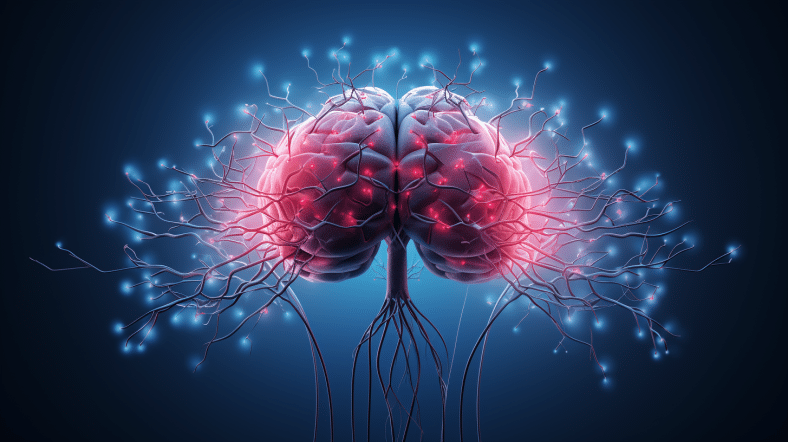High Remnant Cholesterol Levels Linked to Depression Risk in U.S. Adults
Remnant cholesterol (RC), also known as triglyceride-rich lipoproteins, has been gaining increasing attention in recent years due to evidence linking it to cardiovascular disease, diabetes, chronic kidney disease, and other conditions. A new study suggests that elevated levels of remnant cholesterol in the blood may be associated with an increased risk of depression. Key Facts: …






